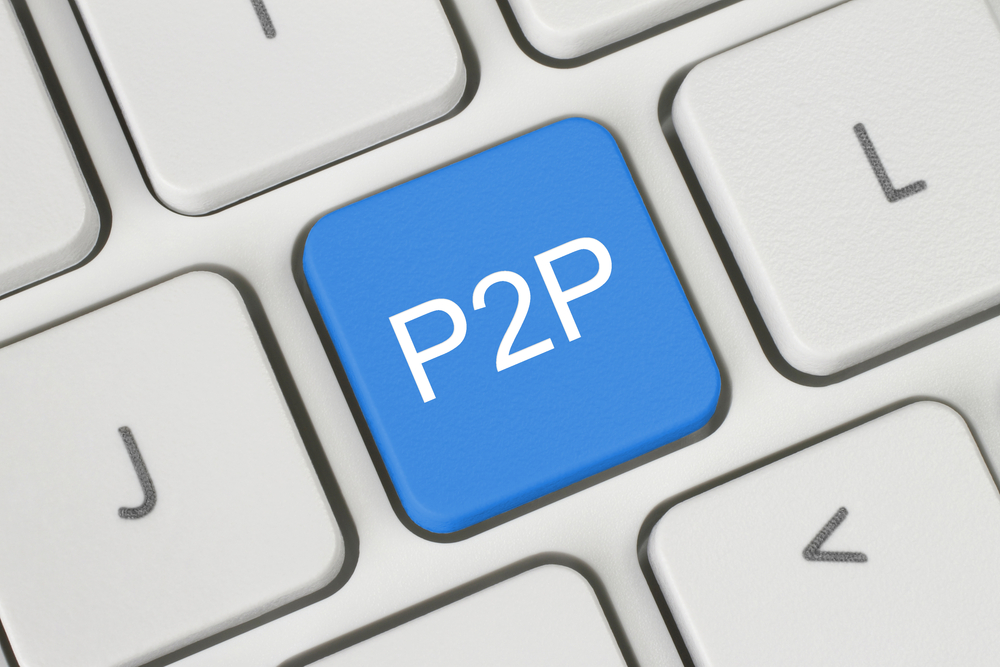E-payment platform PayTren aiming to be Indonesia’s first Shariah-compliant mobile P2P lender
JAKARTA – Mobile payment start-up PayTren is awaiting a license from the Financial Services Authority (Otoritas Jasa Keuangan, OJK) to become Indonesia’s first Shariah-compliant mobile peer-to-peer (P2P) lending platform, PayTren co-founder Yusuf Mansur told Salaam Gateway.
“We will soon launch peer-to-peer lending between borrowers and lenders. Indonesia is home to a majority Muslim population so this application will ease most Muslims’ need for capital. We are working with OJK and the national Shariah council (Dewan Syariah Nasional, DSN) to achieve the license,” said Mansur.
PayTren’s P2P operations will fall under new company Danakoo Mitra Abadi that will run the lender separately from the payment platform.
The five-year-old mobile payment platform claims 1.4 million users in 17 countries, including China, Malaysia, Saudi Arabia, South Korea, and the United Arab Emirates.
PayTren’s soon-to-be launched lending facilities will be based on the cost-plus-profit principle of murabahah.
According to Mansur, Islamic social finance institution Baitul Maal wat Tamwil (BMT), and Shariah-compliant Bank Muamalat have already expressed interest to become lenders.
COMPLIANT
“We can only deal with off-balance sheet activities, so we will only earn a platform fee,” said Mansur.
Indonesia’s regulation for IT-based lending services that was introduced in December 2016 specifies that P2P providers cannot engage in balance sheet lending.
“We will also use a credit scoring system designed by our analysts for both lenders and borrowers that will check validity of documents, among other things. For maturity and profit rates, these will be agreed upon by borrowers and lenders, and all other specifications must comply with OJK regulations on IT-based lending services,” he added.
Lenders and borrowers on PayTren can be individuals or small- and medium-sized enterprises (SMEs).
The maximum loan size for individuals is set at 50 million Indonesian rupiah ($3,748) and 200 million rupiah ($14,993) for companies.
According to OJK, the number of fintech start-ups in Indonesia almost trebled in 2016 to reach 135 in the fourth quarter, from about 51 in the first quarter of the same year.
OJK’s regulation applies provisions related to registration and licensing and includes requirements for loans to be made only in Indonesian rupiah, the maximum loan amount that providers can grant to a single borrower is limited to 2 billion rupiah ($149,925) in one transaction, and borrowers must be originated from and domiciled in Indonesia.
Fintech providers are required to register with the OJK before they can apply for licenses.
(1 Indonesian rupiah = $0.000075)
© SalaamGateway.com 2017 All Rights Reserved
